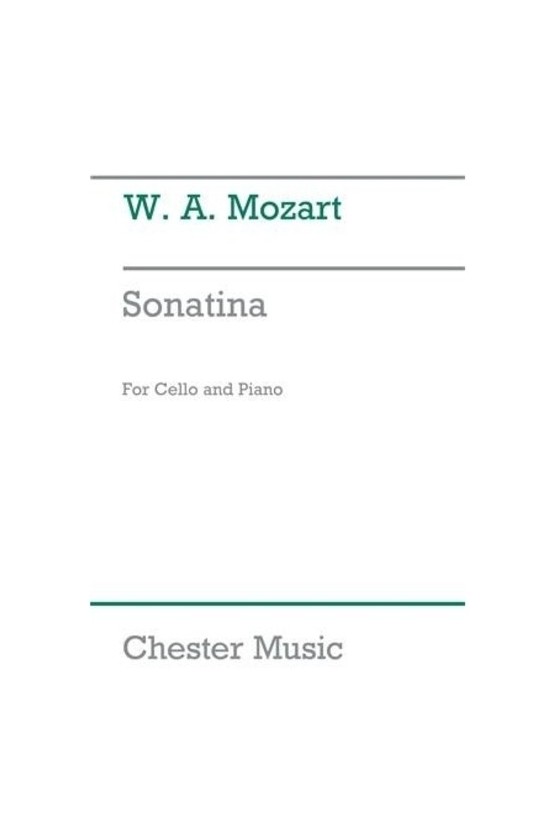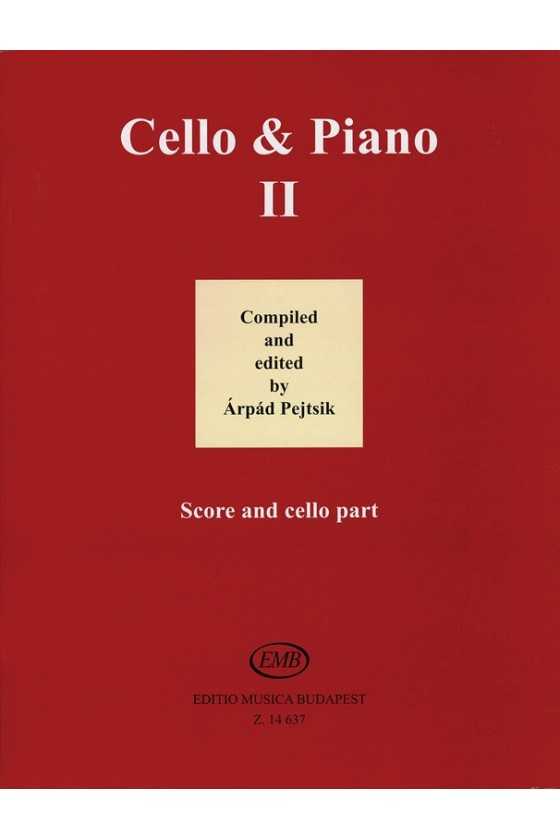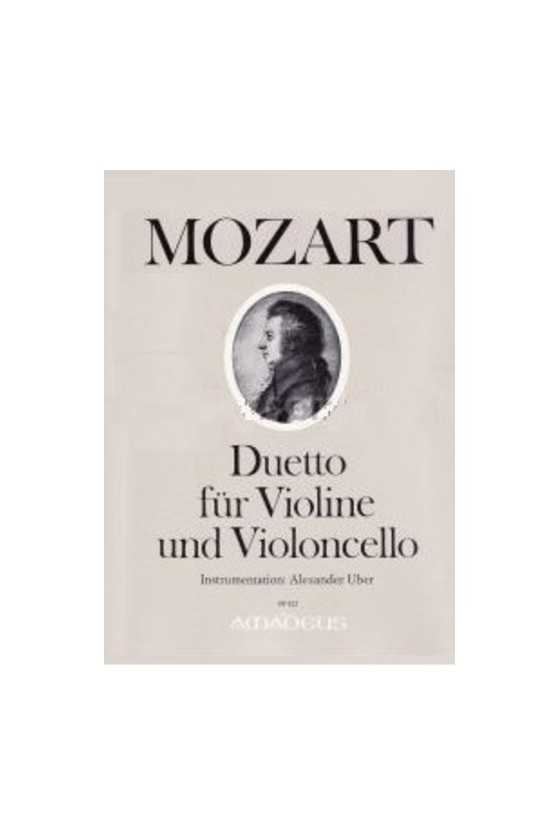Mozart, Wolfgang Amadeus
Wolfgang Amadeus Mozart (27 January 1756 – 5 December 1791) is one of the greatest composers of all time. His music is vibrant, expressive, and timeless. Mozart was the youngest of seven children, and his father, Leopold Mozart, was a highly respected composer and musician. From a young age, Mozart showed exceptional musical talent, and his father began teaching him how to play the keyboard at the age of three. Mozart's talent was quickly recognized, and he began performing in public at the age of five.
Early Life and Musical Training
Intensive musical training and constant travel marked Mozart’s early life. His father, Leopold, was determined to showcase his son's talent to the world, and he took young Mozart on tours throughout Europe. Mozart's first tour was at the age of six, and he performed for the courts of Munich, Vienna, and Paris. These tours had a significant impact on Mozart's musical development, as he was exposed to a wide variety of musical styles and traditions.
Despite his intense training, Mozart's childhood was not without its challenges. His father was a strict taskmaster, and Mozart often found himself under immense pressure to perform. Additionally, Mozart's mother, Anna Maria, passed away when he was just 35 years old, leaving him devastated. Despite these challenges, Mozart persevered, and his talent continued to grow.
Mozart's Music Style and Compositions
Mozart was a master of many musical forms, including operas, symphonies, and chamber music. His music is characterized by its complexity, beauty, and emotional depth. Mozart's compositions are known for their intricate melodies, rich harmonies, and masterful use of form.
Mozart's music was heavily influenced by the musical traditions of his time, particularly the Baroque and Classical styles. Baroque music was characterized by its ornate and complex melodies, while Classical music was more structured and focused on clarity and balance. Mozart's music combined elements of both styles, creating a unique sound that was both complex and accessible.
Mozart's Impact on Classical Music
Mozart's impact on classical music cannot be overstated. He revolutionized the way music was composed, performed, and understood. Mozart's music was groundbreaking in its use of form, harmony, and melody. He expanded the possibilities of musical expression, paving the way for future generations of composers.
Mozart's influence on classical music can be seen in many of the great composers that came after him, including Beethoven, Brahms, and Tchaikovsky. His music has also been celebrated by musicians and audiences alike, and it continues to be performed and studied to this day.
Personal Life of Mozart
Despite his immense talent and success, Mozart's personal life was marked by tragedy and struggle. He suffered from poor health throughout his life, and he struggled with financial difficulties and personal setbacks. Mozart was also known for his rebellious nature, which often put him at odds with the authorities of his time.
A number of important relationships also marked Mozart’s personal life. He was married to Constanze Weber, a talented singer who supported him throughout his life. Mozart also had close relationships with his sister, Nannerl, and his father, Leopold, who was both his mentor and his biggest supporter.
Mozart's Legacy and Influence on Modern Music
Mozart's legacy continues to influence modern music in many ways. His music has been adapted into numerous films, television shows, and other media, and it continues to be performed and studied by musicians and scholars around the world.
Mozart's influence on modern music can be seen in many different genres, including classical, jazz, and rock. Many musicians have cited Mozart as an inspiration, and his music continues to be celebrated for its beauty, complexity, and emotional depth.
Controversies and Criticisms of Mozart
Despite his immense talent and success, Mozart was not immune to controversy and criticism. His music was sometimes criticized for being too complex or inaccessible, and he was often at odds with the authorities of his time.
Mozart was also the subject of numerous rumors and scandals throughout his life. His rebellious nature and unconventional behavior often put him at odds with the authorities, and he was sometimes accused of being immoral or unorthodox.
Mozart's Most Popular Works
Mozart composed over 600 works in his short life, including operas, symphonies, chamber music, and concertos. Some of his most popular works include:
- Symphony No. 40 in G minor
- The Marriage of Figaro
- Don Giovanni
- Requiem Mass in D minor
- Piano Concerto No. 21 in C major
These works continue to be celebrated and performed to this day, and they represent some of Mozart's greatest achievements as a composer.
Conclusion
Wolfgang Amadeus Mozart was a musical genius whose impact on classical music cannot be overstated. He revolutionized the way music was composed, performed, and understood, and his music continues to inspire and captivate audiences around the world. Mozart's life and legacy are a testament to the power of music and the enduring influence of a truly great composer.




